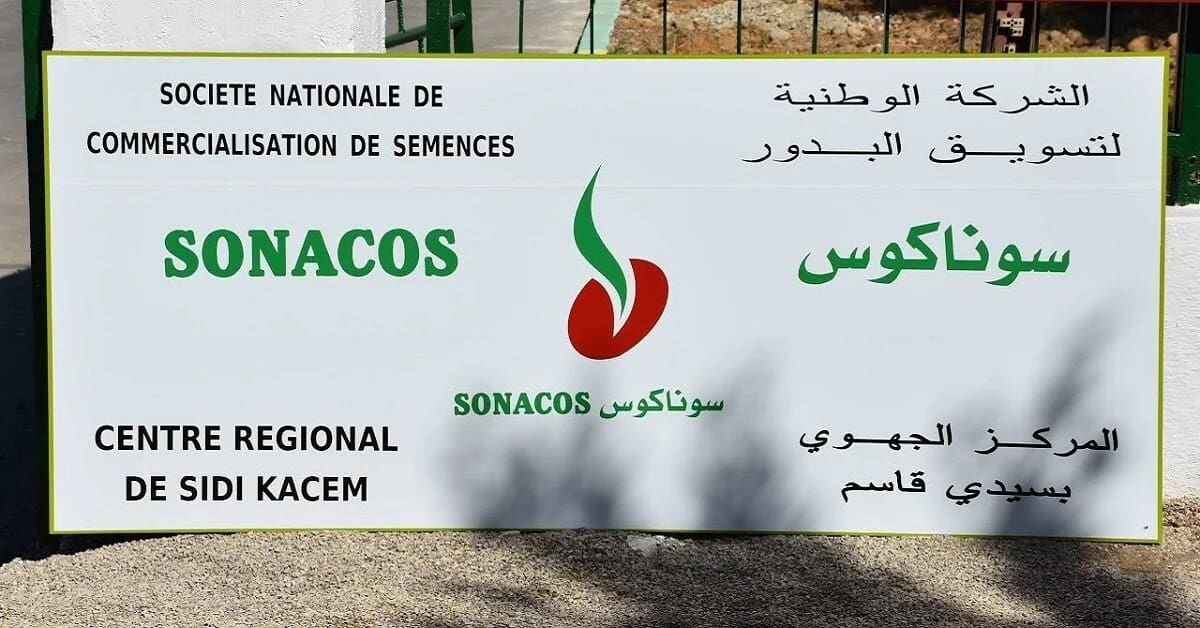
Senegal has unveiled a set of fourteen measures aimed at rescuing the Senegalese National Oilseed Marketing Company (SONACOS SA), which faces a deep financial and industrial crisis.
The interministerial council, held on August 22, 2025, in Dakar under the chairmanship of Prime Minister Ousmane Sonko, approved the recovery plan designed to stabilise the company and safeguard its strategic role in the country’s peanut sector.
For decades, SONACOS has been central to rural employment, industrialisation, and national food security.
Yet between 2018 and 2023, the government injected over 140 billion CFA francs without achieving lasting stability.
The company’s financial situation has deteriorated further, with cumulative losses exceeding 33 billion CFA francs in 2023 and 2024, leaving shareholders’ equity in negative territory.
The challenges facing SONACOS are multifaceted.
Aging infrastructure, criticism of past governance, growing foreign competition, and a lack of regulatory reform in the peanut industry since the 1980s have all contributed to the crisis.
Over the past thirty years, the company has simultaneously been a pillar of Senegal’s economy through exports and employment, and a symbol of structural limitations in public agro-industry.
The government’s recovery strategy includes rebuilding equity capital and providing over 9 billion CFA francs from the 2026 Finance Act to bridge the gap between the economic price of peanuts and the amounts paid to producers.
Tax and customs relief measures are also under consideration to enhance competitiveness.
The plan further calls for strengthened regulation of the domestic edible oil market, positioning SONACOS to stabilise prices while the new management demonstrates early success.
During the 2024-2025 campaign, collection rose from 12,900 tonnes to 155,000 tonnes, allowing factory operations to resume and generating more than 2,300 jobs.
Authorities hope these reforms will reposition SONACOS as a cornerstone of agricultural transformation and food security, providing a more regulated and sustainable framework for producers and consumers alike.
The effective implementation of the fourteen measures will be decisive not only for the company’s survival but also for the long-term stability of Senegal’s peanut industry.



